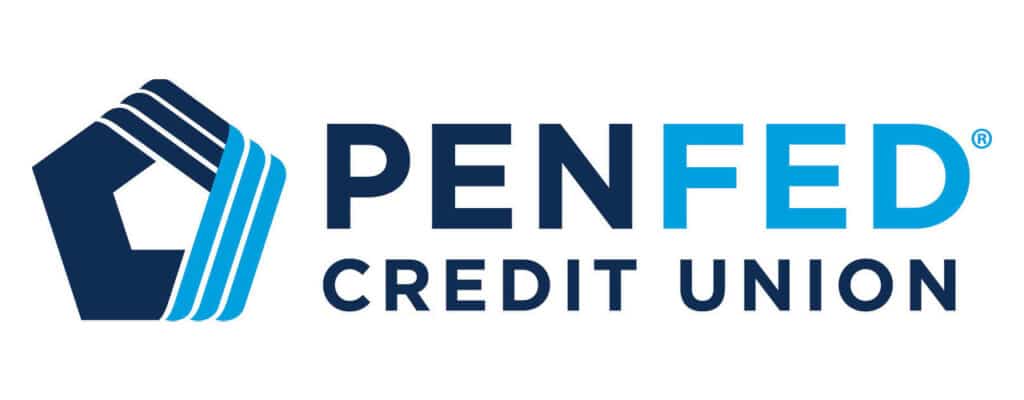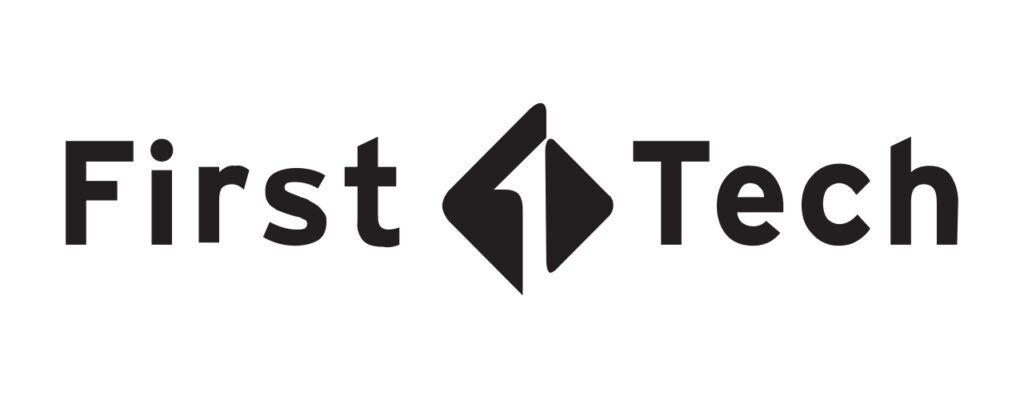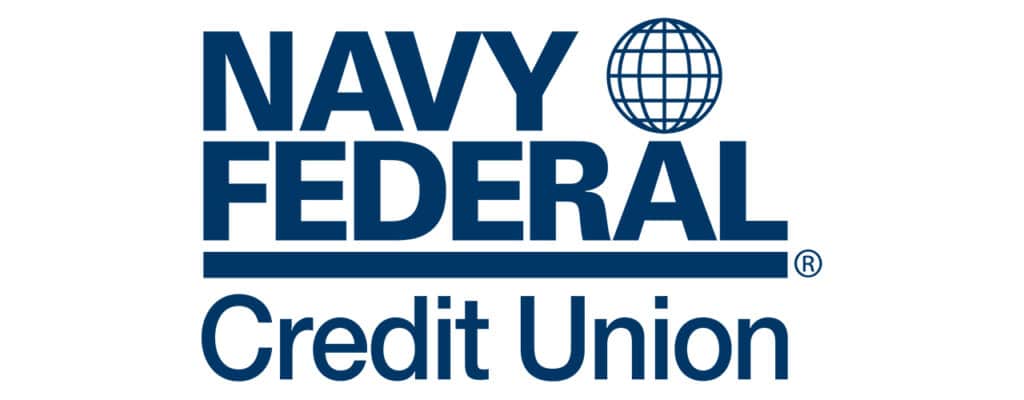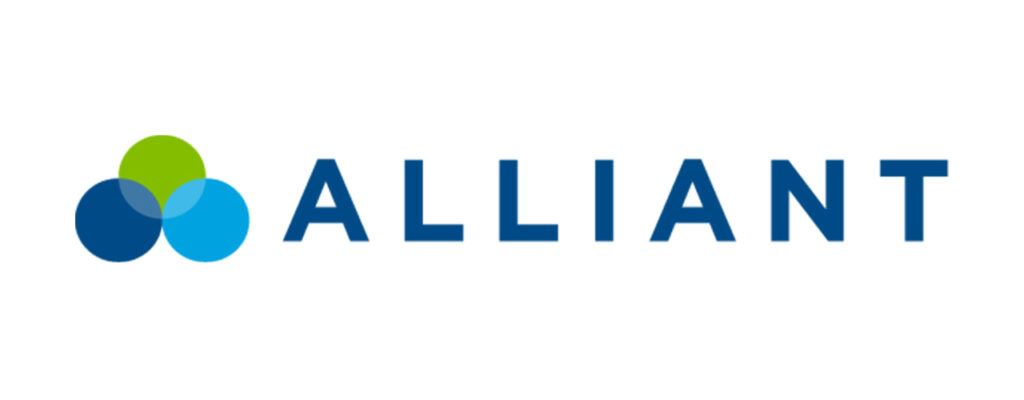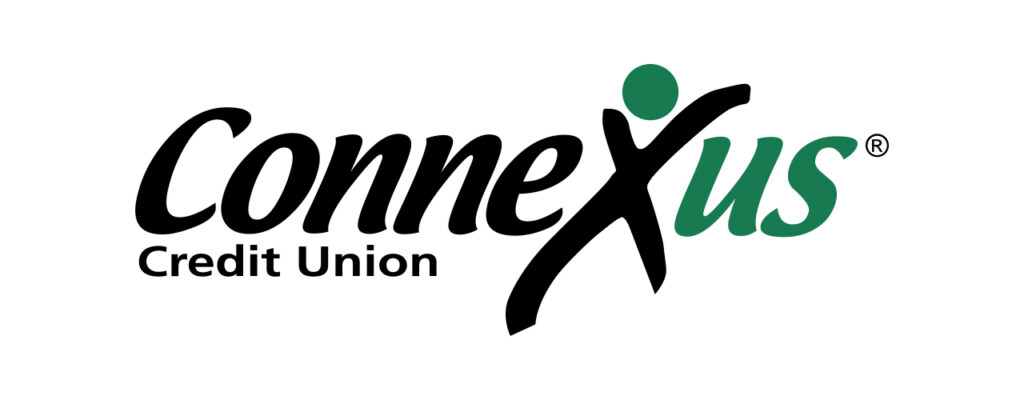Most products on this page are from partners who may compensate us. This may influence which products we write about and where and how they appear on the page. However, opinions expressed here are the author's alone, not those of any bank, credit card issuer, airline or hotel chain. This page may include information about American Express products currently unavailable on Slickdeals. American Express is not a partner of Slickdeals.
Credit unions are known for offering low rates and flexible qualifying criteria for personal loans. But these financial institutions generally require you to be a member, so there’s typically an additional step you’ll need to take before you can borrow. Still, this step could be worth your time if it means saving on interest costs or accessing other perks you won’t find with a bank.
If you’re currently shopping for a personal loan, here’s what to know about borrowing from a credit union. As a bonus, we’ve also rounded up some of the best credit unions for personal loans to help make your decision easier.
Choosing Between a Credit Union, Online Lender or Bank
Many banks, online lenders, and credit unions offer personal loans. Here’s an overview of what you might experience when you borrow from each personal loan lender:
| Credit Unions | Online Lenders | Banks |
|---|---|---|
|
|
|
Credit Unions
You’ll likely need to be a member to borrow from a credit union. Credit unions typically offer personalized service and lower rates on lending products than online lenders and banks. Borrower requirements may be more flexible too.
Credit unions may offer fewer products and services than larger online lenders and banks, so this is something to keep in mind if you’re looking for something besides a personal loan. But they may also have fewer fees, depending on the credit union. Physical branches may or may not be available.
Online Lenders
Online lenders tend to be larger and may issue more loans, so you likely won’t get the personalized service you’d see with a credit union. As their name suggests, online lenders don’t typically have physical branches, and you won’t need to be a member to get a loan.
Since online lenders may have lower overhead costs, you could see lower personal loan rates than you would with a physical bank or credit union. These lenders may also offer a wider range of products and services. But again, this will vary based on the lender.
Banks
A bank could be a good option if you’re looking for a middle ground between a credit union and online lender. Banks may give you the personalized service you’d get with a credit union, but you won’t need to meet any membership requirements. They may also have more physical branches than you’d get with a credit union.
In general, though, brick-and-mortar banks have higher overhead costs, which could mean higher loan rates and more fees. Of course, offerings differ based on the bank you choose.
Best Credit Unions for Personal Loans
The best credit unions for personal loans are those that are accessible to many borrowers, and come with relatively low rates, a wide range of loan amounts, and flexible terms. If you're interested in a credit union personal loan and don't know where to start, here are some options worth considering.
Compare these loans to find one that meets your needs:
- Best for Small Loans: PenFed Credit Union
- Best for Long Repayment Terms: First Tech Federal Credit Union
- Best for Military Members: Navy Federal Credit Union
- Best for Quick Funding: Alliant Credit Union
- Best for Secured Loans: Connexus Credit Union
Loan results will vary based on creditworthiness, loan purpose, loan amount, and other factors.
Best for Small Loans: PenFed Credit Union
PenFed Credit Union
- Loan Amounts$600 – $50,000
- Loan Terms12 – 60 months
- APR Range7.74% – 17.99%
- Minimum
Credit Score700 or aboveA credit score is used to indicate the creditworthiness of an applicant, but it is only one of several factors considered for approval. These credit scores alone are not guarantees for approval and should only be used as guidelines.
PenFed offers no fees and small personal loans as low as $600.
Overview
While you will need to become a PenFed member if you decide to get a personal loan there, anyone can apply for membership and the process is quick and simple. Many lenders have relatively high minimum loan amounts, but PenFed offers loans as small as $600, with no origination fees and competitive APRs. If you’d like to view personal loan rates with PenFed, you can do so without impacting your credit score.
Best for Long Repayment Terms: First Tech Federal Credit Union
First Tech Federal Credit Union
- Loan Amounts$500 - $50,000
- Loan Terms24 - 84 months
- APR RangeStarting at 7.99%
- Minimum
Credit ScoreNot disclosedA credit score is used to indicate the creditworthiness of an applicant, but it is only one of several factors considered for approval. These credit scores alone are not guarantees for approval and should only be used as guidelines.
First Tech Federal Credit Union’s personal loans are available for employees of certain tech companies, and come with no origination fees and decent repayment terms. However, this lender doesn’t disclose its credit score requirements or maximum APR.
Overview
Personal loans from First Tech Credit Union feature no origination fees or prepayment penalties, and prospective borrowers can check their rates and terms first before applying without hurting their credit. This lender indicates that online applications take just a few minutes and its loan decisions are made relatively quickly, though it doesn’t specify how long it takes to disburse loan funds. First Tech doesn’t disclose its credit score requirements either, but it does mention that it offers products for borrowers of all credit types. If approved for a personal loan, you can opt to defer your first payment for up to 45 days, which is a unique perk that sets First Tech apart from competitors.
Best for Military Members: Navy Federal Credit Union
Navy Federal Credit Union
- Loan Amounts$250 – $50,000
- Loan TermsUp to 180 months
- APR Range7.99% – 18.00%
- Minimum
Credit ScoreNoneA credit score is used to indicate the creditworthiness of an applicant, but it is only one of several factors considered for approval. These credit scores alone are not guarantees for approval and should only be used as guidelines.
Personal loans from Navy Federal Credit Union come with no origination fees, quick funding, and can be a good fit for borrowers with less-than-ideal credit.
Overview
To qualify for Navy Federal Credit Union loans, you’ll need to be a member: you need to be a veteran, active-duty service member, Department of Defense personnel, or eligible military family member. In addition to offering co-signed personal loans for borrowers with less-than-perfect credit, Navy Federal Credit Union also offers secured personal loans. Borrowers won’t pay an origination or prepayment fee, and funding can be available as quickly as the same day. It’s worth putting this lender on your shortlist if your credit isn’t great and you’re looking to compare loan options.
Best for Quick Funding: Alliant Credit Union
Alliant Credit Union
- Loan Amounts$1,000 - $100,000
- Loan Terms12 - 60 months
- APR RangeStarting at 11.29%
- Minimum
Credit ScoreNot DisclosedA credit score is used to indicate the creditworthiness of an applicant, but it is only one of several factors considered for approval. These credit scores alone are not guarantees for approval and should only be used as guidelines.
Overview
Alliant is a digital credit union offering flexible loan amounts that can be used for various purposes, including credit card debt consolidation, unexpected expenses, and home improvement projects. Funds may also be disbursed as soon as the same day you’re approved. Alliant borrowers benefit from perks like easy-to-meet membership requirements, no hidden fees, and competitive APRs. To become an Alliant member, you’ll need to work for a qualifying company, be related to an Alliant member, live or work near Chicago, or be a Foster Care to Success (FC2S) member.
Best for Secured Loans: Connexus Credit Union
Connexus Credit Union
- Loan Amounts $1,000 - $50,000
- Loan Terms24 - 84 months
- APR Range9.49% - 18.49%
- Minimum
Credit ScoreNot DisclosedA credit score is used to indicate the creditworthiness of an applicant, but it is only one of several factors considered for approval. These credit scores alone are not guarantees for approval and should only be used as guidelines.
Overview
Many lenders offer one personal loan type: an unsecured option. But Connexus offers both unsecured and secured personal loan options. If your credit score isn’t great, applying for a secured loan could increase your chances of getting approved with favorable loan terms and rates. And Connexus offers competitive low rates for both unsecured and secured personal loans. Like most credit unions, you’ll need to be a Connexus member to qualify for one of its personal loans. Membership is open to employees of certain companies; residents in select communities in Illinois, Minnesota, Ohio, and Wisconsin; qualifying family of existing members; and members of the Connexus Association, which is open to everyone.
Pros and Cons of Credit Union Personal Loans
Pros
- Relatively low loan rates and few fees
- Flexible borrowing criteria
- Personalized assistance available
Cons
- Membership may be required to borrow
- Fewer physical branches than major banks
- Loan rates may be lower with online lenders
Tips on Getting a Personal Loan from a Credit Union
If you’re thinking about applying for a personal loan from a credit union, here are a few tips to make it easier to compare options:
- Work on your credit score: If you don’t need your loan funds quickly, consider working on your credit score before applying. Improving your credit could help you get a lower APR on a personal loan.
- Research membership criteria: Some credit unions have strict membership criteria, while others do not. Before settling on a loan, research that credit union’s membership requirements to determine if you qualify.
- Look into borrowing criteria: Borrowing criteria may vary depending on the credit union. For instance, some may have higher credit score requirements or lower debt-to-income (DTI) ratio requirements than others.
- Compare loan interest rates and other details: Different credit unions offer different rates, loan features, and maximum and minimum loan amounts. Compare these details on credit union loans to find an affordable option that meets your needs.
Bottom Line
Credit unions are membership-based institutions, though not all of them have strict qualifying criteria. If you’re interested in a personal loan, becoming a credit union member could be a smart decision. You may find that your credit union offers loans with more favorable rates or borrower criteria.




